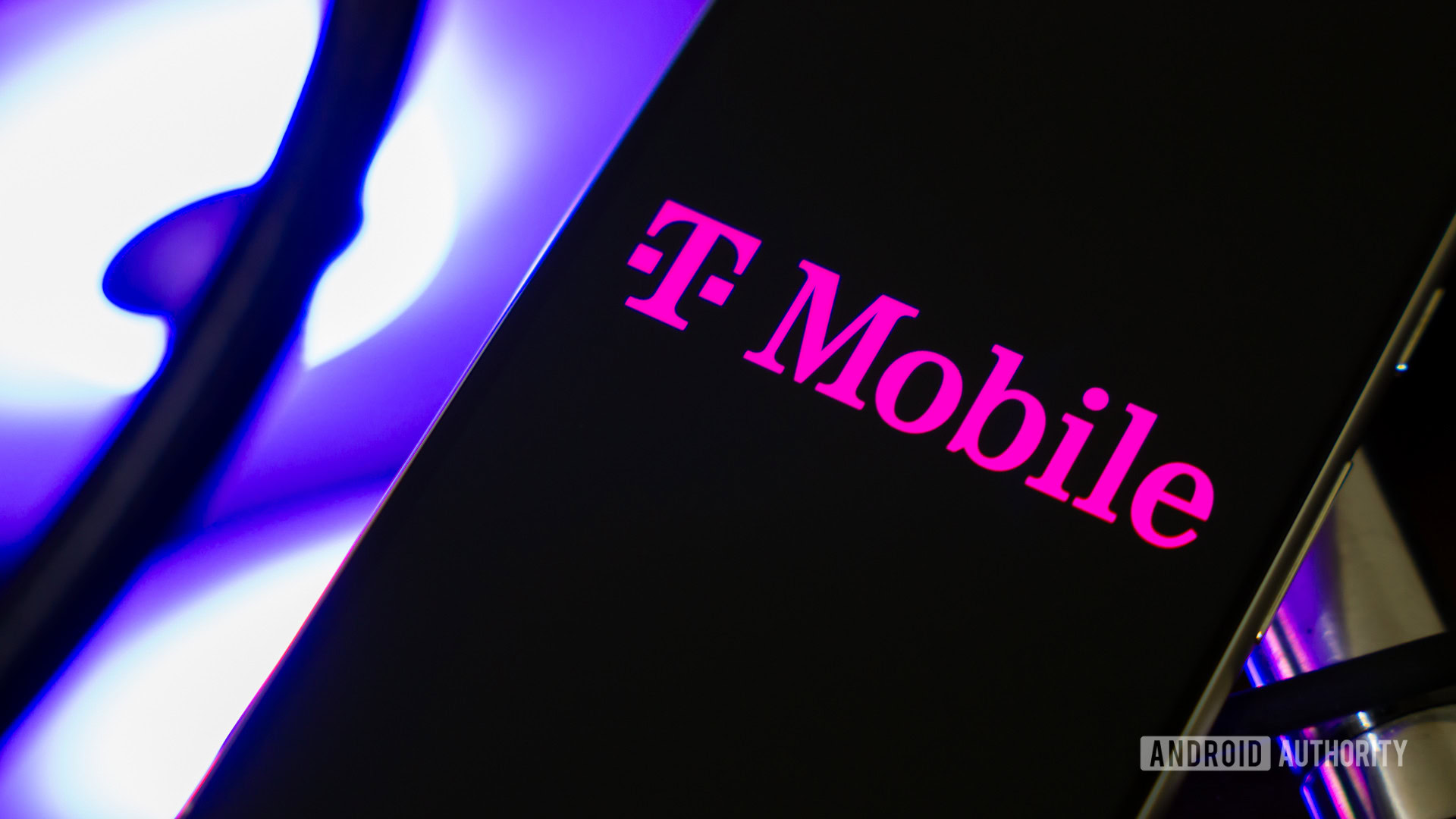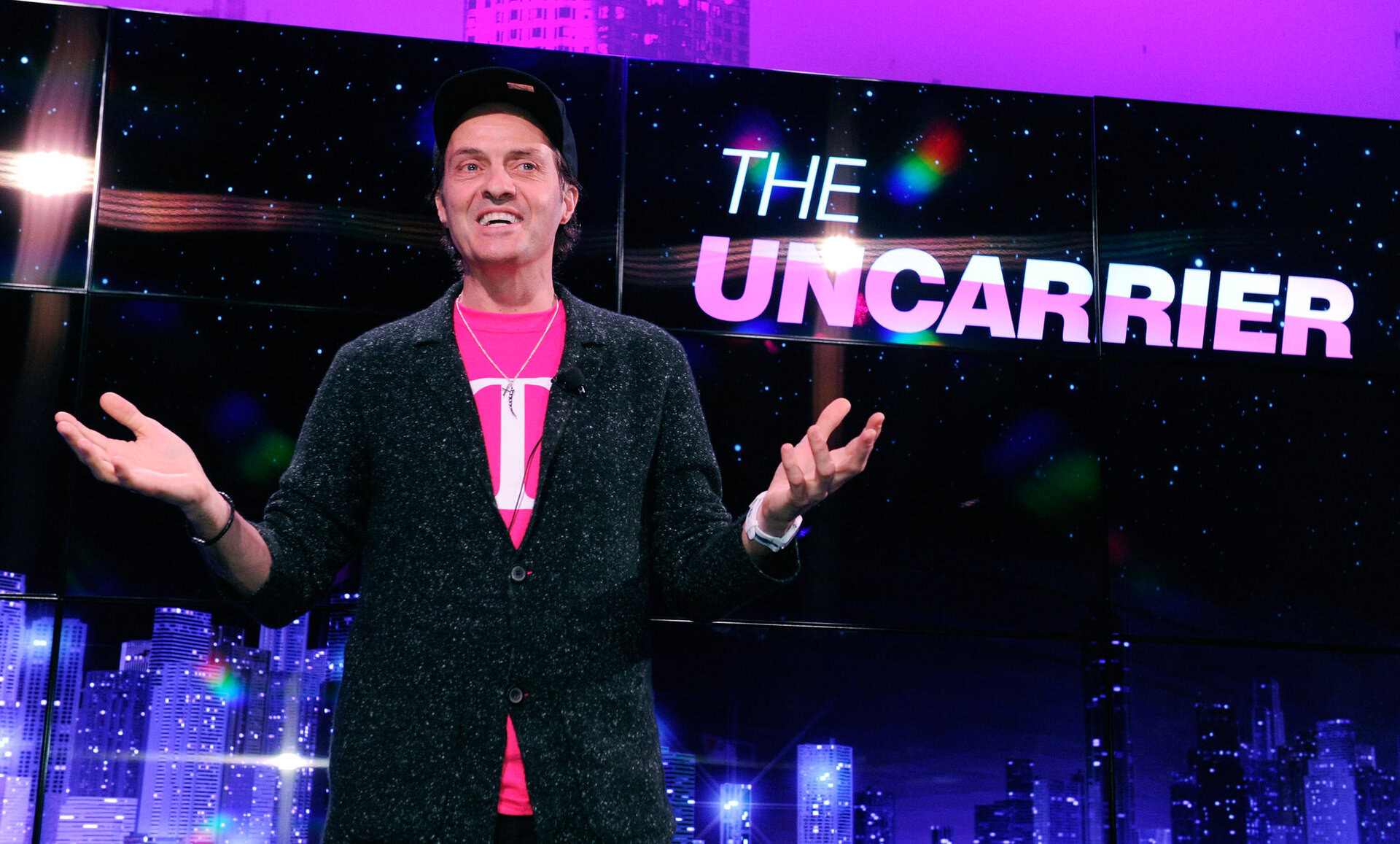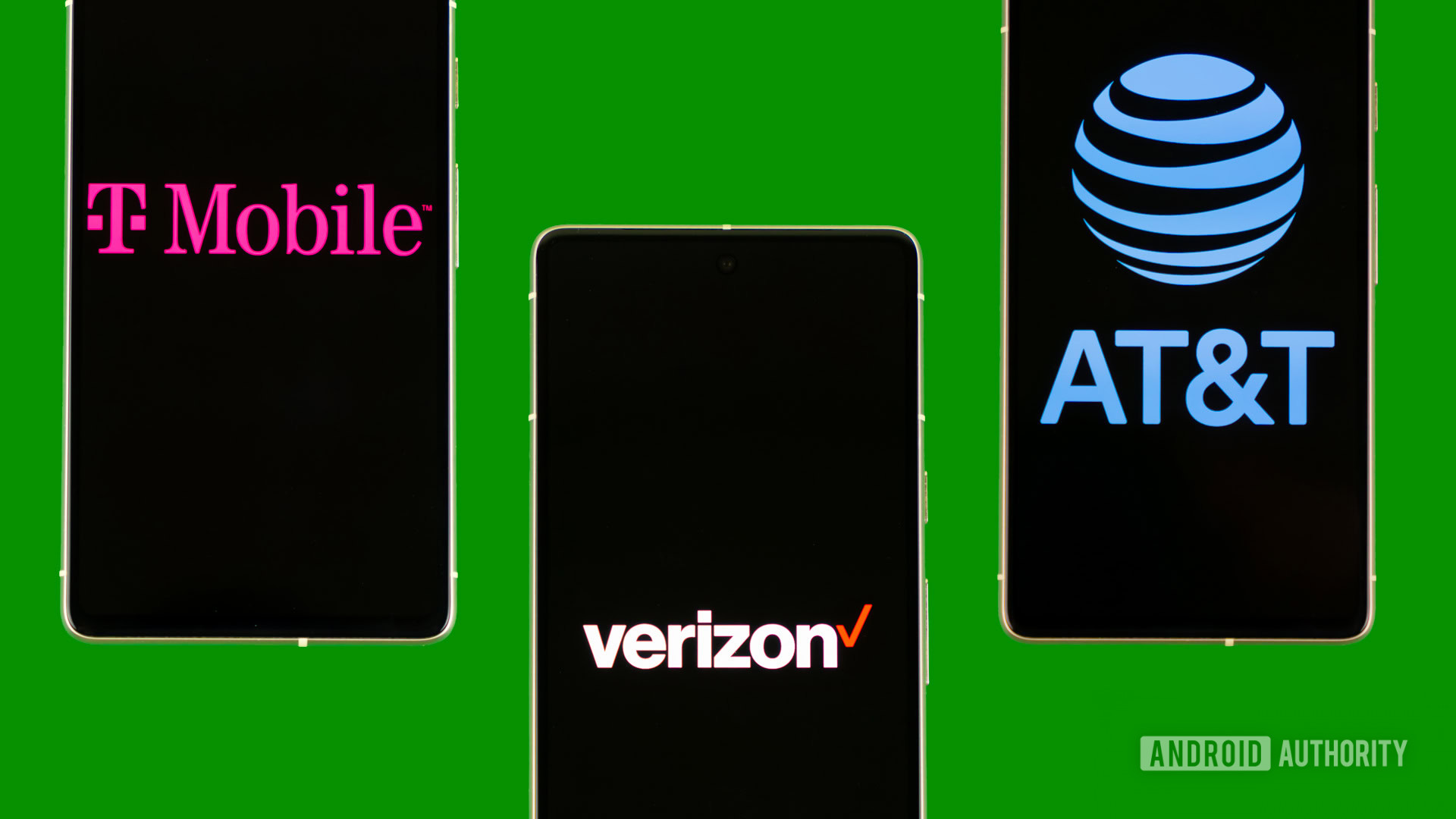Affiliate links on Android Authority may earn us a commission. Learn more.
T-Mobile is becoming the mirror image of the carriers it claimed to fight against
Published onJune 29, 2024
In 2012, the wireless industry was in a less-than-ideal state. AT&T and Verizon dominated the market, despite a reputation for price gouging. Meanwhile, Sprint and T-Mobile lagged behind in third and fourth place, respectively. In an effort to change its trajectory, T-Mobile hired John Legere as CEO. Legere wasn’t your typical corporate suit. He wore jeans and T-shirts, and cursed like a sailor. He was also outspoken about the poor policies and practices of the larger wireless carriers, and actually made a ton of big changes to the company through the “Uncarrier” marketing initiative.
This campaign aimed to disrupt traditional industry practices, such as two-year contracts, hidden fees, and sudden price increases. These transformations occurred against the backdrop of a planned merger with Sprint, which was finalized in 2020 after extensive negotiations. Fast forward to today, and the new T-Mobile now largely resembles the very companies Legere once vocally opposed.
Is T-mobile still the uncarrier you knew and loved?
T-Mobile is starting to look a little like Verizon 2.0

There were many things T-Mobile criticized its competitors for, but pricing and clarity were chief among Legere’s concerns. In much softer words than he actually used, Legere once essentially accused Verizon and AT&T of being crooks who were taking us for every last cent. That’s just a bit ironic when you consider T-Mobile’s moves over the last few years. While the pandemic naturally drove up pricing, which is more forgivable, T-Mobile’s treatment of legacy customers is not.
First, T-Mobile attempted to automatically shift its legacy customers to newer plans unless the customer specifically contacted them to opt out. When this didn’t work, it ultimately ended up raising legacy pricing anyway, increasing prices by $5 per month per line for voice plans, and $2 per month per line for connected devices. It was also a slap in the face for customers who thought T-Mobile’s earlier Price Lock policies protected them.
T-Mobile used to offer some of the best phone deals, but these days, many of its top free phone offers are typically aimed exclusively at Go5G Plus and Next subscribers. Similarly, T-Mobile Tuesdays used to feature truly great exclusive discounts and promotions for events and much more. This experience has largely devolved into a very limited coupon book app, and many fear this will only worsen with the new T-Life direction.
Those are far from the only changes T-Mobile has made recently that go against the spirit of its Uncarrier movement. In April we learned T-Mobile could be profiling customers and collecting personal data to better predict user behavior. While this is an opt-out feature, I am willing to bet Legere’s T-Mobile would have never even tried something like this.
T-Mobile's recent price increases and unclear customer changes are exactly the sort of things Legere once criticized Verizon and AT&T for.
Continuing its long line of moves that certainly aren’t customer-first in nature, T-Mobile recently clarified that its pricing could continue to increase, even for Price Lock customers. It also clarified that despite still using the name, T-Mobile customers with a plan from January 17, 2024 are actually on Price Lock 2.0. This newer version will refund you if you cancel due to price increases, but there’s really no promise it won’t continue to jack up prices.
Still not convinced this isn’t the same T-Mobile we all once gushed about? A new bill credits policy might just be enough to put you over the edge. The new policy means you’ll no longer receive bill credits for a free device if you decide to pay off the installment plan early. In other words, if you buy off your plan early, you lose out on your free phone deal.
T-Mobile is likely doing this to prevent customers from paying off a device early and then turning around and selling it for a high price. Before, you could sell the device and remove the installment plan while still receiving any free credits T-Mobile owed you.
How do actual customers feel about these moves and the general state of T-Mobile in 2024? After falling down an internet search hole (mostly the T-Mobile subreddit, if I’m honest) and asking a friend who had T-Mobile to share his experiences, I found that the overall sentiment was that customer service has also gone downhill a bit in the last few years. While service is stronger than ever, customers don’t feel as valued as before. The changes to price lock are especially frustrating.
All of this shows a carrier that is clearly not concerned with price increases or moves that are seen as less friendly by its existing customer base. This is exactly what Verizon and AT&T have been accused of doing. What makes T-Mobile feel even more like Verizon is that it seems to have set its sights on being the biggest and most powerful carrier.
First, the carrier acquired Mint Mobile, Ultra Mobile, and Plum through the purchase of Ka’ena Corporation in April. More recently, T-Mobile has announced plans to buy a substantial part of US Cellular’s operations, permanently removing one of the few independent carriers outside the big three that has its own network.
It’s important to remember the Uncarrier phase was marketing first and foremost

I’ve noticed numerous online comments portraying John Legere as a hero, while Mike Sievert is blamed for T-Mobile’s recent shifts. However, it’s essential to recognize that the Uncarrier movement was primarily a marketing strategy. Legere was hired to revitalize the company, which he effectively did by adopting a relatable image, aggressively cutting costs, and disrupting the industry. But he didn’t do it because he was your friend. These were calculated business decisions.
Legere did his job well, and I respect him for that. However, I also understand how business works. T-Mobile knew that the changes under Legere’s leadership were only a temporary phase. After being promoted to COO, Mike Sievert and John Legere likely developed their strategy extensively. Phase 1 was focused on winning new customers and improving the network to compete with the major carriers. Phase 2 involved tightening the screws to generate real profits and secure T-Mobile’s position as one of the Big Three.
Legere was hired for a job and did it very well. So was Sievert: to make a profit at any cost.
Whether we like it or not, Mike Sievert was also hired for a specific purpose: to take this revitalized company and ensure it remains profitable both now and in the future. He has become the villain by raising prices and ensuring profitability even at the cost of customer satisfaction. It’s a less appealing role, but that doesn’t mean he isn’t doing his job. It’s a delicate balance — maintaining profitability while mitigating potential subscriber losses. T-Mobile likely anticipated some would leave once it was clear that the old Uncarrier days were over, but they planned ahead as best they could by acquiring the most prominent T-Mobile-based carriers.
Our own polls suggest that many of our tech-savvy readers are seriously considering switching to another carrier or even a prepaid service. Those who leave will likely seek coverage at least as good as what they had. If they were satisfied with the Uncarrier’s coverage, switching to Mint or another T-Mobile MVNO is an easy move. For every customer that switches away, a significant portion will still indirectly contribute to T-Mobile’s revenue. T-Mobile also anticipates that major customer losses are less likely among the elderly, large families, or those who are less tech-savvy and hesitant to switch.
Is T-Mobile actually any worse than the other members of the big three?

The big question is whether T-Mobile is any worse than the other members of the big three, and to answer that, I’d say no. The new T-Mobile actually holds a few strong advantages over the competition. While AT&T and Verizon spread device payments over three whole years, T-Mobile still defaults to 24 months. T-Mobile also offers slightly more competitive pricing, especially for larger families. It also has an increasingly strong and reliable network — customer service and pricing aside. The main takeaway is that it’s no longer the “uncarrier” we once knew; it’s now more just “another member of the big three,” for better or worse.
For many, T-Mobile might still be the best of the big three. However, for most, I’d suggest moving to one of the many excellent prepaid services, which have evolved considerably over the years. Some prepaid carriers, like Google Fi Wireless, offer the same high-quality data, device payment plans, and other features typically associated with postpaid services.